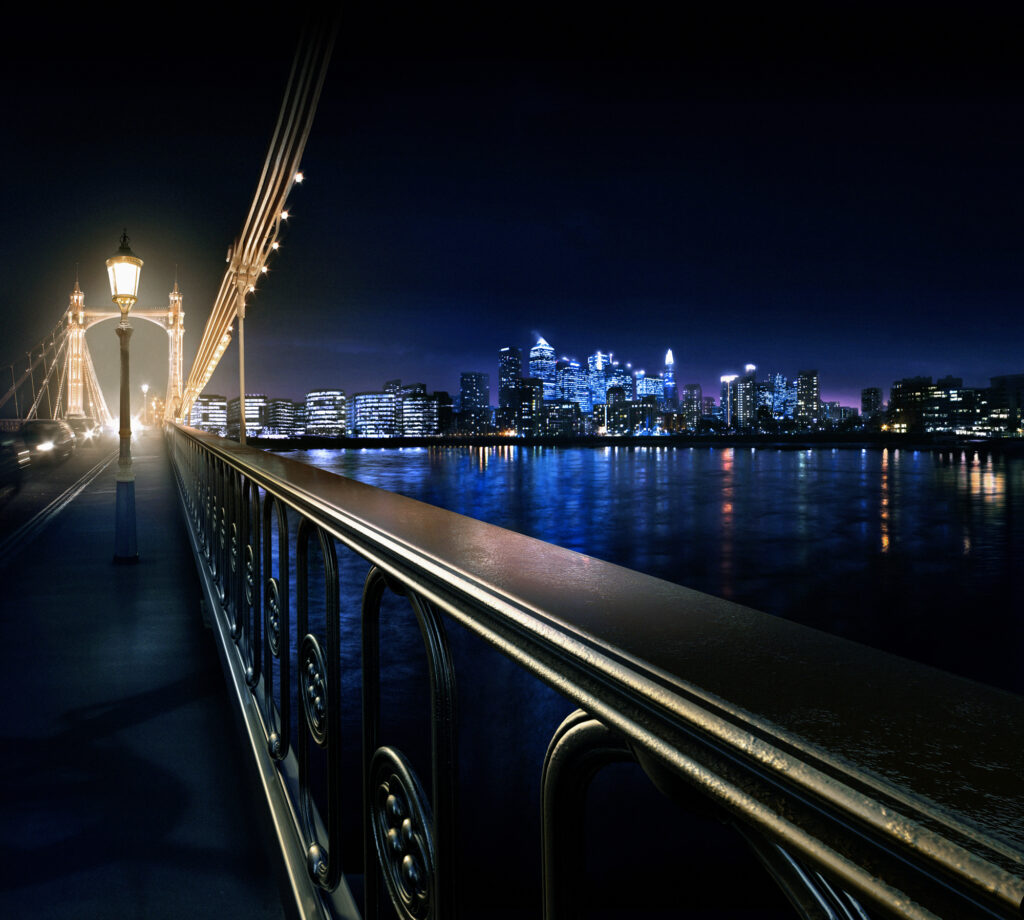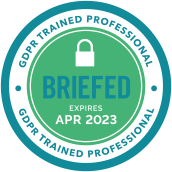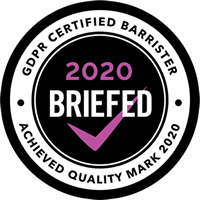
PACE POLANSKI
26th April 2018
KHRAPUNOV V. JSC BTA BANK [2018] EWCA 819
In 2005 the House of Lords, by a bare majority, ruled that a claimant who was not prepared to come to England to give evidence at his defamation trial because he feared extradition to another country if he did, could be allowed to give his evidence via a videolink from France: Polanski v. Conde Nast Publications Ltd [2005] 1 W.L.R. 637. The Court of Appeal have this week refused the same facility to a defendant ordered to be cross examined on his asset disclosure pursuant to a worldwide freezing order: Khrapunov v. JSC BTA Bank [2018] EWCA 819.
This is the latest judgment in the long line of decisions in the proceedings between JSC BTA Bank and its former chairman Mukhtar Ablyazov and his son-in-law Ilyas Khrapunov. The Bank alleges that Khrapunov was instrumental in dealing with large sums of money or valuable assets for Ablyazov in breach of the freezing order, especially whilst Ablyazov was held in jail in France for 3 years whilst awaiting extradition to Russia (which is not now going to happen).
Khrapunov denies the allegations. In 2015 he was ordered to disclose all dealings with Ablyazov assets since January 2013, and all his personal assets. He has mounted several challenges to that Order, to the Court’s later Order that he be cross-examined on his asset disclosure, and to the Court’s refusal to permit him to give evidence by videolink from Switzerland.
When the Commercial Court refused Khrapunov’s application to give evidence by videolink from Switzerland, it did so on essentially 3 grounds: (1) Khrapunov had delayed too long before applying; (2) so far as the risk of extradition to Kazakhstan was concerned, that risk would be no greater in England than it is in Switzerland; and (3) so far as the risk of extradition to Russia or Ukraine was concerned, there was no evidence of criminal proceedings against Khrapunov in either jurisdiction.
The appeal focused on ground (3). Whilst it was correct that there was no such evidence before the Commercial Court, in fact criminal proceedings had been opened in Ukraine by the time of the hearing, and shortly afterwards Khrapunov was put on an international wanted list and an Interpol red notice was issued for his arrest. It transpired that some employees of the Bank had known of the criminal investigation in Ukraine before the Commercial Court hearing, but that information had not been passed on to the Bank’s London litigation team.
The Court of Appeal held that the Judge could not be faulted for having dismissed Khrapunov’s application on the ground of delay, and that meant that his appeal should be dismissed. The Court of Appeal also held that the Bank did not owe a duty of full and frank disclosure at the hearing before the Commercial Court, and whilst it was under a duty not deliberately to mislead the Court, it had not breached that duty.
The Court of Appeal also ruled, however, that the new evidence regarding the risk of extradition to Ukraine (with which, unlike Kazakhstan, the UK has entered into an extradition treaty) amounted to a material change of circumstance which meant that the application to give videolink evidence from Switzerland had to be considered afresh. The parties agreed that the Court of Appeal should undertake that exercise.
The Court of Appeal ruled that the application should be dismissed. There were significant problems attending the giving of evidence by videolink from Switzerland: it would be illegal under Swiss law unless conducted according to Swiss rules, one of which was that the witness could not be compelled to answer any particular question.
The position in Polanski’s case and related cases was different. There the question was whether the trial would be fairly conducted if Polanski gave his evidence by videolink. Here, the question concerned the enforcement of one of the Court’s orders. The Court of Appeal was mindful of the exhortations in earlier Ablyazov cases that the Court should do all it could to ensure obedience to its orders. The only likely way in which that will happen is if Khrapunov is present in court in London in person: “the administration of justice is liable to be brought into disrepute if the court is disabled from enforcing a freezing order in the most effective way possible” and “The public interest in the court trying to give maximum practical effect to the freezing order it has granted against him and in being seen to do so is strong”.
The Court of Appeal held that it was not likely that Khrapunov would eventually be extradited to Ukraine if apprehended when he arrived in England. But the Court of Appeal did consider that there was a significant risk that he would be detained and released only on conditional bail (his passport having been forfeited) until the end of the extradition process, which might last 9 months or longer. When Khrapunov protested that that meant that he would be apart from his wife and young family for a long period of time, the Court of Appeal observed that there was no serious difficulty in the family relocating to the UK for the duration of the extradition proceedings.
To lessen the risk of Khrapunov’s arrest, the Bank and its lawyers were required to undertake to keep the details of the arrangements for the cross-examination confidential.



